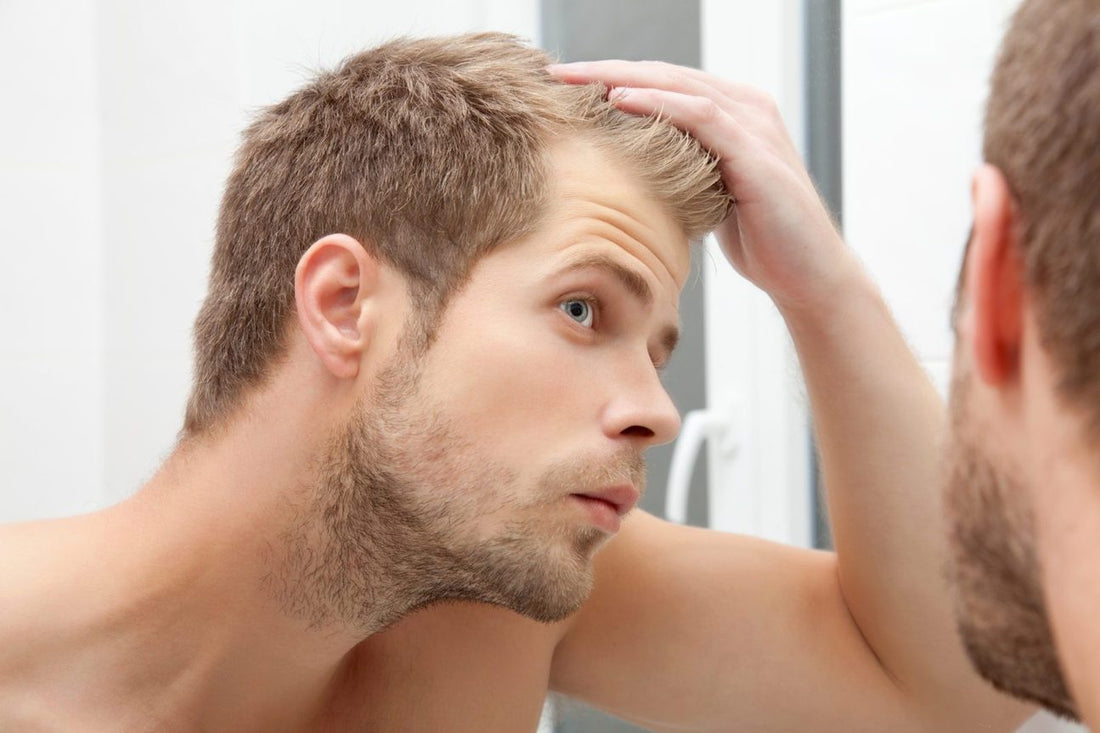How Lack of Sleep Can Lead to Increased Hair Loss
Reviewed by Zang and Ridwan
There are various factors that contribute to hair loss, including genetics, lifestyle choices, medical conditions, and stress. However, there’s another factor that many people are unaware of – sleep deprivation.
In today’s fast-paced world, it can be difficult to know if we’re getting enough sleep. With demanding jobs, constant commitments, and the constant pull of social media, it’s easy to lose track of our sleep needs. Commuting through busy cities and corporate pressures only add to the strain, leaving us with little time to focus on rest.
As we balance our responsibilities and try to keep up with the demands of daily life, our health often suffers, leading to sleep deprivation, which in turn can trigger hair loss among other health issues.
Wave farewell to hair loss and discover the benefits of SMP solutions!
How Sleep Deprivation Leads to Hair Loss
Sleep deprivation leads to elevated stress levels and disrupts hormone production in the body. When you sleep, your body restores itself, replenishing energy and strengthening the immune system. If your sleep is irregular or insufficient, it causes your system to become unbalanced, making it harder for the body to absorb essential nutrients, weakening it overall. This impacts multiple organs, including those responsible for hair growth.
During normal sleep cycles, the body produces Human Growth Hormone (HGH), which is vital for various bodily functions. If sleep is disrupted or inadequate, the body struggles to produce sufficient HGH, leading to problems like thinning hair. Another consequence of sleep deprivation is higher stress levels, which trigger a series of medical issues, including Telogen effluvium, a condition characterized by excessive hair loss due to stress.
If you're dealing with hair loss, consider evaluating your lifestyle for sleep deprivation and its potential impact. Seek ways to improve your sleep patterns. Alongside better sleep, scalp micropigmentation can help restore the appearance of fuller hair by applying natural pigments to the scalp.
Improving sleep habits is key to restoring the body's natural balance, reducing stress, and supporting healthy hair growth. By getting enough rest, you'll regulate hormone levels, boost the body’s healing process, and improve hair health. Combining quality sleep with scalp micropigmentation can enhance your well-being and self-confidence.
Look and Feel Your Best with SMP – Schedule a Consultation.
How to Cope with Sleep Deprivation
Here are some steps you can take to prevent sleep deprivation:
- Develop consistent habits, like eating early and setting a fixed bedtime.
- Avoid using mobile phones, laptops, or watching TV right before bed, as the blue light from screens interferes with the body’s natural sleep triggers.
- Cut back on tea and coffee, as caffeine can affect sleep.
- Limit alcohol intake, as it may help you feel drowsy initially but disrupts the body’s normal sleep cycles.
- Opt for light, easily digestible meals at dinner.
- Keep your bedroom dark, quiet, and cool, with an ideal temperature of around 70 degrees.
- Reading a book a few minutes before bed can help prepare your mind for rest by relieving stress and avoiding blue light.
By sticking to this routine for a few days, your body will adjust and help you get the sleep you need. Additional lifestyle changes such as regular exercise, a balanced diet, and practices like meditation can help reduce stress and support the health of your hair.
